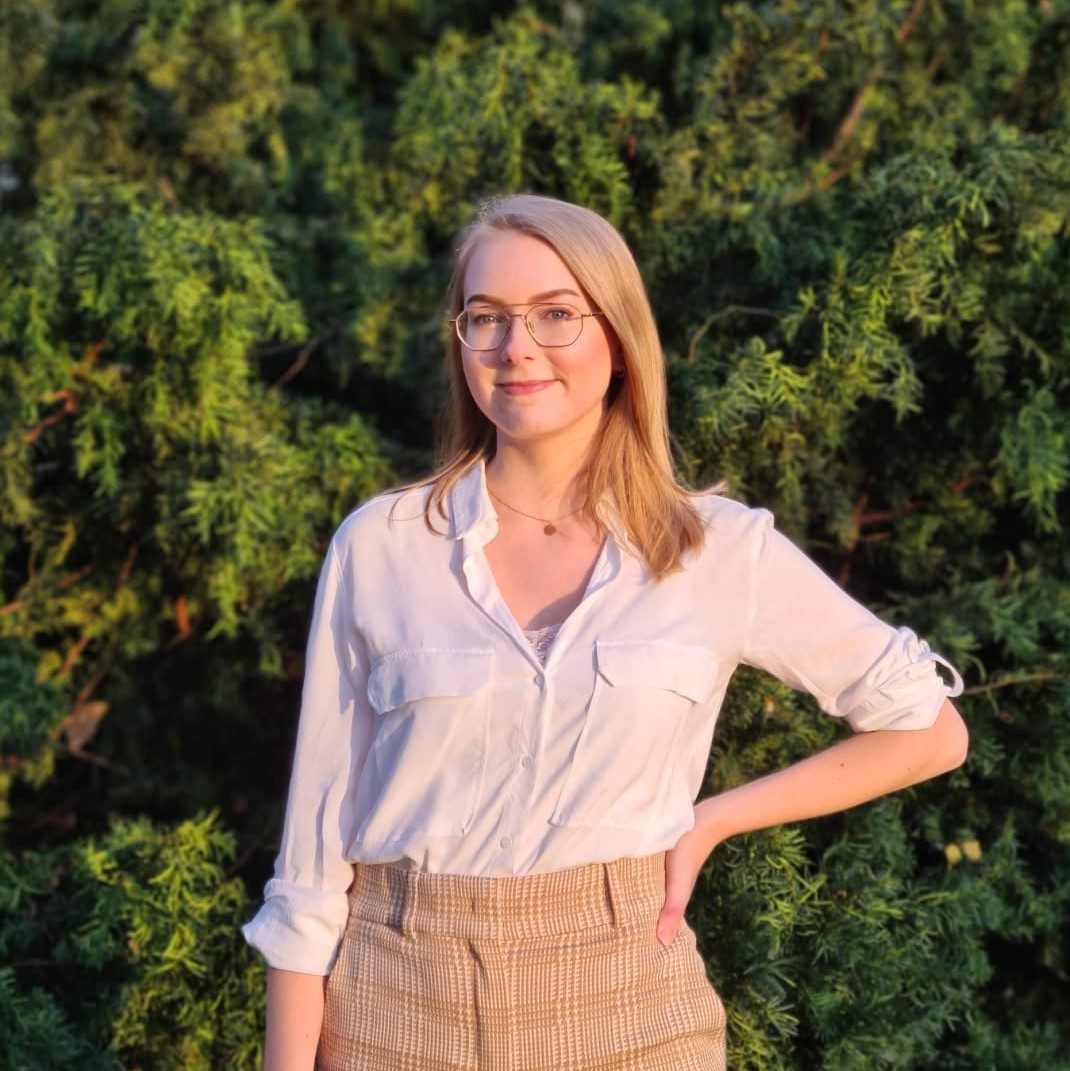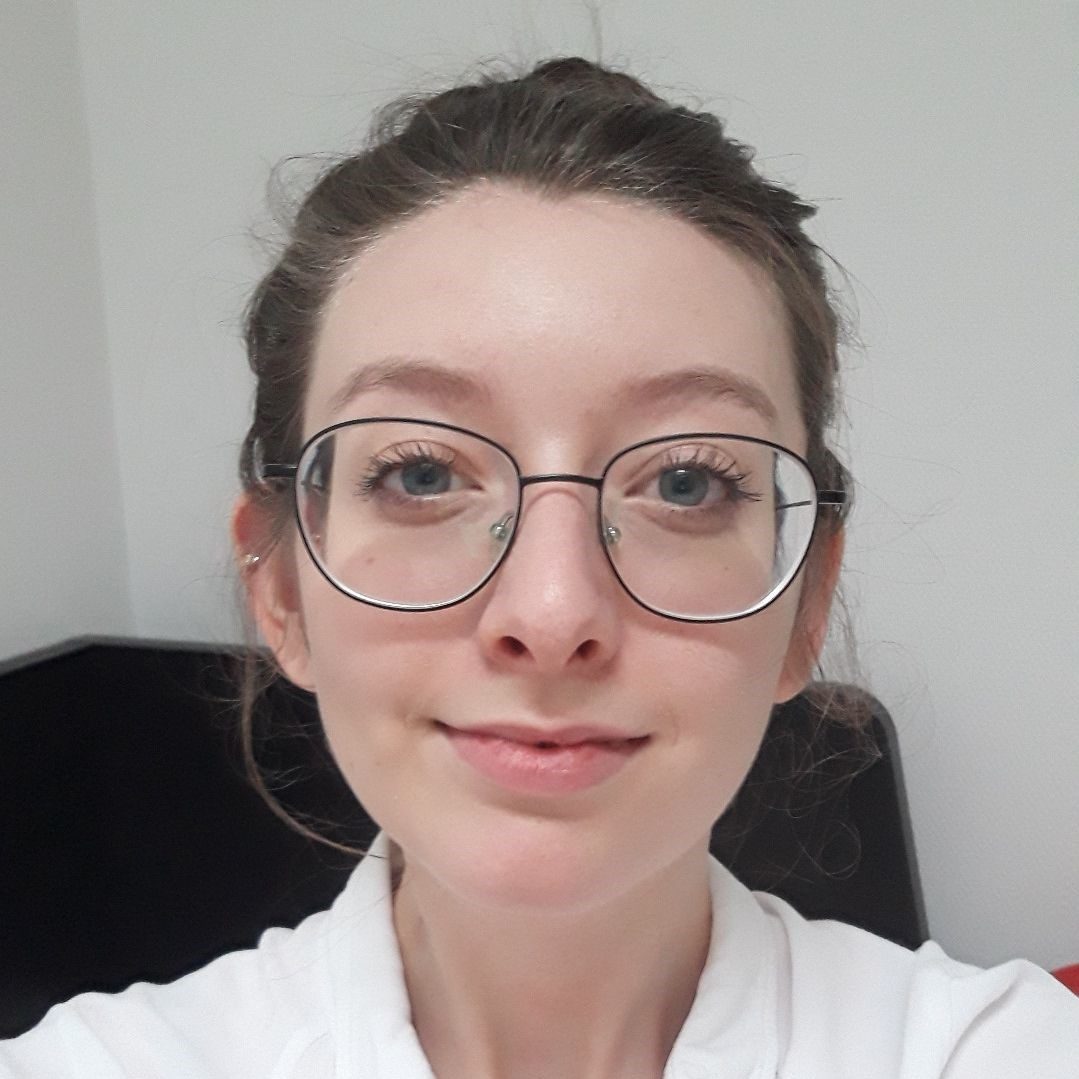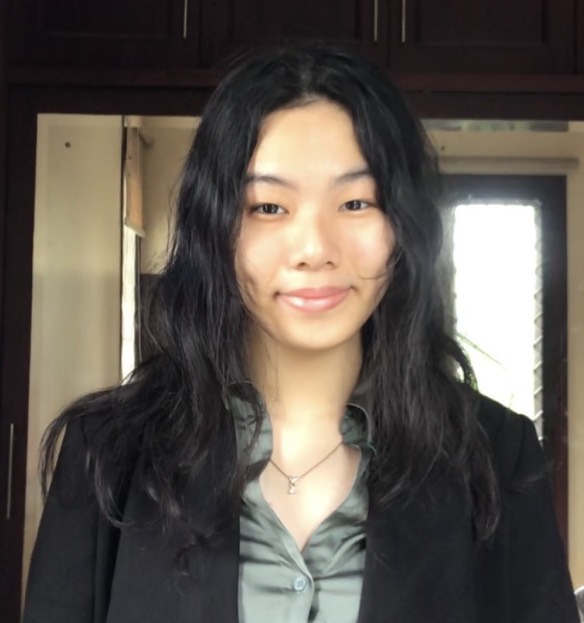A Brief Introduction to UN Women
What is the United Nations Entity for Gender Equality and the Empowerment of Women? What does it do in the broader institutional framework of the UN? What are the Entity’s tasks? TEIMUN’s Deputy Secretary-General, Nathan Lauer, explains.
On the UN Women Council’s Agenda: The Impact of Covid-19 on Gender Equality and the Rise of Domestic Violence
One of the greatest impacts of the pandemic has been its regressive effect on gender equality. Pandemic related closures of schools and daycare centres have significantly increased the burden of unpaid care, which disproportionally falls on women. Additionally, some industries that predominantly employ women have been disrupted by the pandemic.
The subsequent reduction of household income has caused tensions within families and has contributed to a spike in domestic violence. As increased calls to domestic violence hotlines during the pandemic indicate, many women find themselves trapped in abusive relationships. Since this violence acts as both a cause and effect of gender inequality, it demands coordinated international attention.
In line with our theme of ‘Cooperation in Times of Crisis’, it will be the task of the delegates to come up with creative and effective ways to mitigate the corrosive effects the pandemic has had on gender equality.
On the UN Women Council’s Agenda: Health Discrimination against Women
A central tenet of patriarchal thought has been the reduction of women to their reproductive facilities. Consequently, womens’ groups have long fought for the right to access reproductive healthcare, such as contraceptives and safe abortions. The failure of states to uphold their obligations to respect, protect, and fulfil these rights exemplifies the discrimination women face in today’s society. Recent tightening of abortion laws in several countries, such as the US, Poland and Honduras only underscore this fact.
Another patriarchal conception of a woman’s duties includes the practice of child marriage, which continues to persist across the world. Girls who are married at a young age lack access to education and economic opportunities, which forces them to rely on their husbands, reinforcing the cycle of patriarchal power structures. This highlights their need for access to reproductive health.
Therefore, it will be up to the delegates to represent the interests of their female co-citizens and formulate international guidelines to ensure womens’ access to healthcare.
Meet Your Chair:
Sophie Middelhuis
Hey! My name is Sophie, I am 19 years old and moved from the far south of the Netherlands to study International Relations in Groningen. I was always interested in politics and began actively debating it in high school. Stepping into the MUN world when going to university made an enormous difference to me, as the skills you acquire during a simulation stretch way beyond just public speaking. It teaches you to write in an advanced manner under time pressure, the subtle art of stressing your opinion when views abound, navigating in quickly changing teamwork dynamics, and it forces you to take leadership even though this might seem scary at first.
Apart from my studies I am a trainer for the TEIMUN Society and a board member for the youth department of the Green Party in Groningen. Therefore I am very excited to be chairing for the UN Women as this is a topic I am invested in. Apart from politics, I also spend my time on other things: I love playing guitar, listening to old music, drawing and painting, and being outside.
Fun Fact: I used to bake a lot of fancy cakes in high school.
Meet Your Chair:
Lara Simonovski
Hey, my name is Lara, and together with Adriana and Keisha, I will be the chair for the UN Women council! While this is my second-time chairing, my interest in international relations and international law has led me to represent various countries in different councils during MUN simulations in Munich, as well as at the Model European Council in Strasbourg.
My background is in International and European Law at the University of Groningen in the Netherlands, and because my exchange to Sydney has been postponed (twice), I have decided to take up a second bachelor in the Philosophy of Political Science in the meantime. The fields I am mainly interested in are international criminal law, international humanitarian law and European constitutional law. Other than that, I am the biggest Harry Potter nerd, I danced classical ballet for 14 years (until I sprained one ankle and broke the other), and I eat way too much candy.
Fun Fact: Last year, I took an extracurricular course in Latin for an entire semester – just for fun!
Meet Your Chair:
Keisha Kwek
Greetings everyone! I am Keisha and I will be your chair for the UN Women committee. With four years of transitioning between debate teams and MUN, it is easy to see that public speaking is a major hobby of mine. MUN has driven my obsession with international relations and directed me to attend 18 MUN conferences, both as a delegate and as a chair.
Other than MUNs, I am particularly interested in neurosciences and medicinal chemistry, and I am actively exploring them. I also love learning languages in my spare time. Currently, I am learning German and Chinese (a weird combination, I know). Moreover, I am extremely excited and looking forward to chairing at TEIMUN!
Fun Fact: I absolutely hate ketchup, on anything. There’s just something so unsettling about it.




